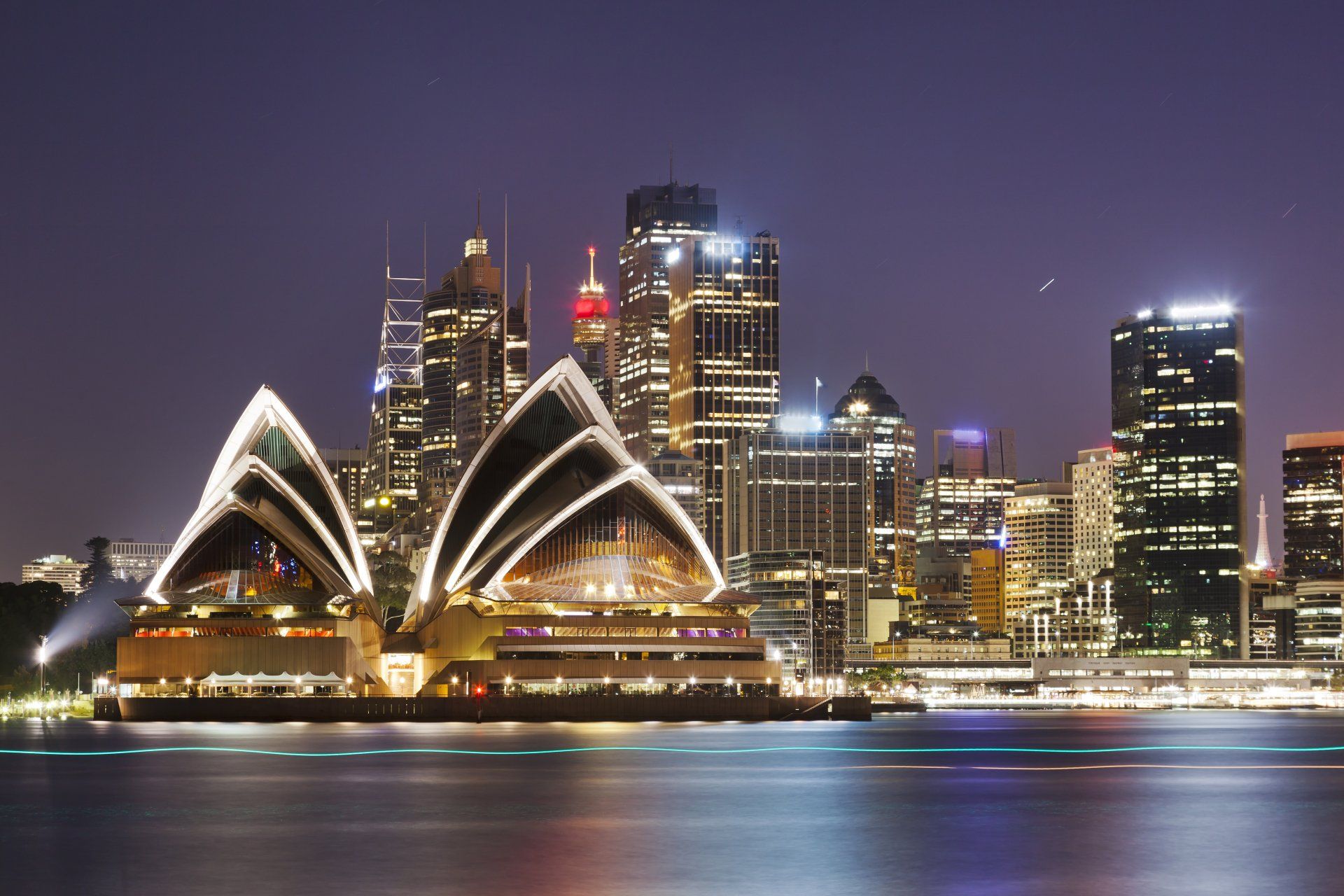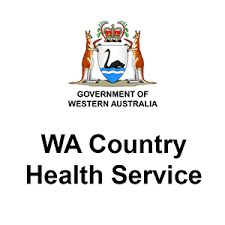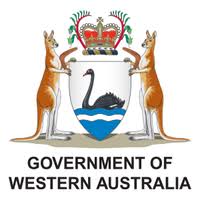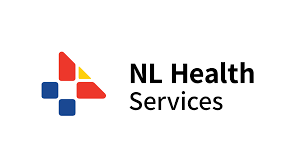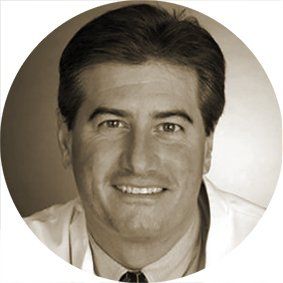Candidates
Elevate your medical career with Odyssey. We offer a wide range of locum tenens and permanent medical and dental jobs internationally, tailored to fit your expertise and long-term career goals.
OUR CANDIDATE SERVICES
Professional Representation at Each Stage of Your Career.
Our aim is to find you the right position, with the right healthcare organisation, in an environment which will enable you to reach your true potential. We represent doctors and dentists at all career levels from recent graduate to pre-retirement.
Our experienced recruiters are there to assist you each step of the journey, offering insight into practice opportunities, compensation, professional registration, immigration, local culture and more.
Job Search Strategy
Discover the next step in your medical career path effortlessly with Odyssey Recruitment. Our user-friendly platform simplifies the job search and application process, empowering you to find and apply for opportunities which align with your skills and ambitions.
Forge a personalised connection with a dedicated Odyssey recruitment consultant who understands your unique strengths and career goals. Benefit from industry expertise as your consultant guides you toward roles that seamlessly match your aspirations and skill set.
Read Medical Job Search Tips and Trends
Interview Preparation
Once you have applied for a job and connected with your dedicated consultant, we will equip you with the tools and insights required to excel in interviews.
Benefit from personalised interview tips, industry-specific advice, and guidance on showcasing your unique strengths. We believe in setting you up for success at every stage, ensuring you are not just a candidate but the perfect fit for the role you aspire to.
Read more Interview Preparation
Job Offer Negotiation
Let Odyssey's expert recruitment consultants work on your behalf to secure a compensation and benefits package which mirrors your true worth. Trust us to advocate for your best interests and ensure that the terms of your new position align with industry standards and negotiated professional national agreements.
Onboarding and Relocation
Starting a new job can be stressful, particularly when compounded with a relocation. Our experienced recruitment consultants will guide you through the complexities of credentialing and privileging in different jurisdictions to secure appropriate professional registration, practice privileges, visas and work permits.
We also offer relocation advice with recommendations for flights, international shipping of goods, car hire, accommodation and applications for tax numbers and bank accounts.
Our commitment extends beyond job placement. With us, your success is not just a placement, it's a lasting partnership throughout your medical career journey.
Latest Medical and Dental Jobs
Explore Your Next Medical Practice Opportunity
By Location
Search for medical jobs in exciting locations across the world
AUSTRALIA
Explore Australia
NEW ZEALAND
Explore New Zealand
MALTA
Explore Malta
VIEW LOCATIONS
Not sure where you want to work?
Check out our locations hub and discover the opportunities which await in each country and region of the world. Read about the career pathways and prospects, training opportunities, financial compensation and recruitment processes. Thorough preparation is key to job search success!
Career Resource Centre
Curated articles with advice and insights to power your job search, help you succeed in interviews, negotiate remuneration packages, credentialing and privileging and finally manage a relocation with minimal stress.
Organizations We Work With
Testimonials
Behind every successful medical professional is a journey of discovery, opportunity, and connection.
Discover why more doctors and dentists place their trust in our recruiters.
Whether you are considering a new job across town or across the world, our experienced recruiters are there every step of the way, offering insight into practice opportunities, compensation, communities, and more
Highly competent with truly professional approach. Excellent knowledge of recruitment opportunities worldwide, an amazing support throughout the whole process of securing my new career opportunity. There is no obstacle that can't be overcome for Odyssey Recruitment. 😀 Thank you so much! Can't wait to start a new chapter in my life as a physician in New Zealand. I wouldn't have made it without you!
Dr Pavel Jansa
Consultant Physician
I am originally from Germany and work in the small specialised fields of orthopaedic oncology and paediatric orthopaedic surgery. Career options at home were limited so I started to look around over the borders of Germany, across Europe and beyond. I got in touch with Odyssey and was introduced to employers in the United Arab Emirates. Within 6 months I started working in Abu Dhabi building new orthopaedic services for the public sector.
SELECT AN OPTION







